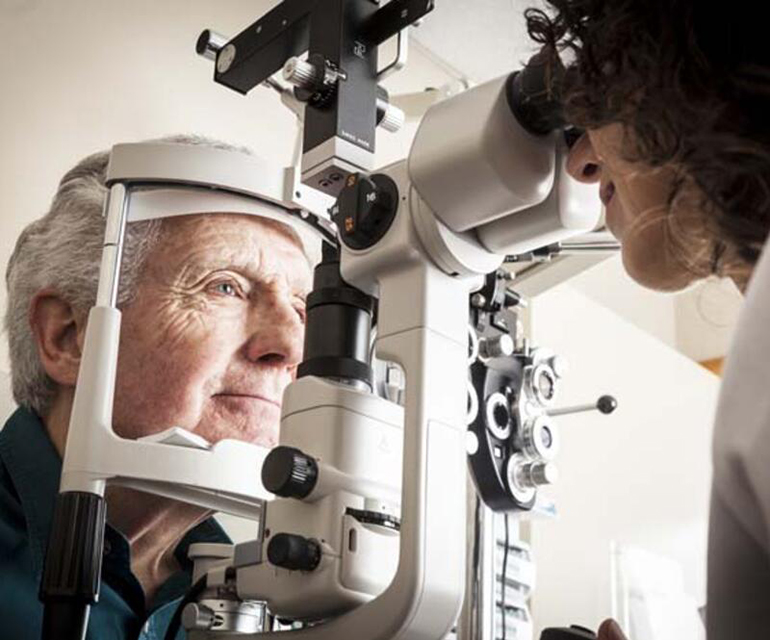Cataract Surgery
- Moon Star
- Cataract Surgery

If you are looking at the Earth as if you are looking through a fogged glass, if you want to see the Earth more clearly, contact us immediately to correct your vision defect!
What is Cataract?
Cataract, also known as the curtain or axle in colloquial language, is the deterioration and clouding of the optic lens. Cataract, also known as old age disease, is a type of eye disorder that seriously affects the quality of life as well as eye health.
If the lens starts to blur, the passage of the rays will be prevented and the vision may be impaired. Blurred vision should be treated when it reaches a certain level.
Since cataracts usually develop slowly, initially changes in vision may not be noticed. However, as it progresses, blurred, cloudy vision occurs. It can be in one eye or both eyes. The physician is consulted with complaints such as gradual decrease in vision, sensitivity to light, glare, double vision, difficulty in reading, deterioration in night vision, fading or yellowing in colors, frequent changes in the number of glasses.
Who has cataracts most?Infants, diabetics, patients who have been subjected to physical impact to the eye or who use cortisone drugs for a long time may have cataracts.
What is Cataract Surgery?
What to Consider Before Cataract Surgery?
Please continue to use your usual medication and eye drops before the operation. However, please inform your ophthalmologist about this issue.
In cataract cases who have waited too long and are decided to be late for surgery, the operation may take a little longer because the cataract lens becomes too hard.
When cataracts progress too far, there is a possibility of permanent damage to the eye, including diseases such as glaucoma, falling or displacement of the lens into the eye, and uveitis. In this case, even if the patient has no complaints, surgery is essential. In the late period, the main goal of laser cataract surgery with increased vision is to prevent excessive permanent damage to the eye.
Causes of Cataract Formation?
Cataracts usually occur due to age. As the age progresses, our lens loses its flexibility and becomes thicker. However, it may occur for different reasons in "5% of patients.
It can be seen in newborn babies and with various metabolic diseases. (Congenital-Congenital Cataract)
It can occur in diabetic patients, It may occur after intraocular inflammations (Glaucoma, Uveitis), It may occur after long-term cortisone drug use, As a result of excessive exposure to X-ray or sunlight (ultraviolet), Smoking, Genetic factors, C Vitamin deficiency, Obesity, Hypertension, Previous intraocular operations: Glaucoma (Eye Pressure), after retinal operations, it can be seen at an earlier age.
What Should Be Considered After Cataract Surgery?
What Happens After Cataract Surgery?
If other parts of the eye are healthy after surgery, full vision is expected. Full vision can be provided with or without glasses. If lenses are worn inside the eye, the expectation is generally 80-90% without glasses.
Are There Risks of Cataract Surgery?
Like any eye surgery, cataract surgery carries a risk. However, despite carrying such risks, the success rate in surgeries is very high. With today's technologies, cataract surgery methods have been developed and are performed with micro incisions without stitching.
After cataract surgery, the patient can return to his daily life quickly. Cataract surgery, performed by specialist physicians, is very important for successful cataract surgery and correction of eye defects.
Note: The information contained in the contents is not for diagnostic and therapeutic purposes!